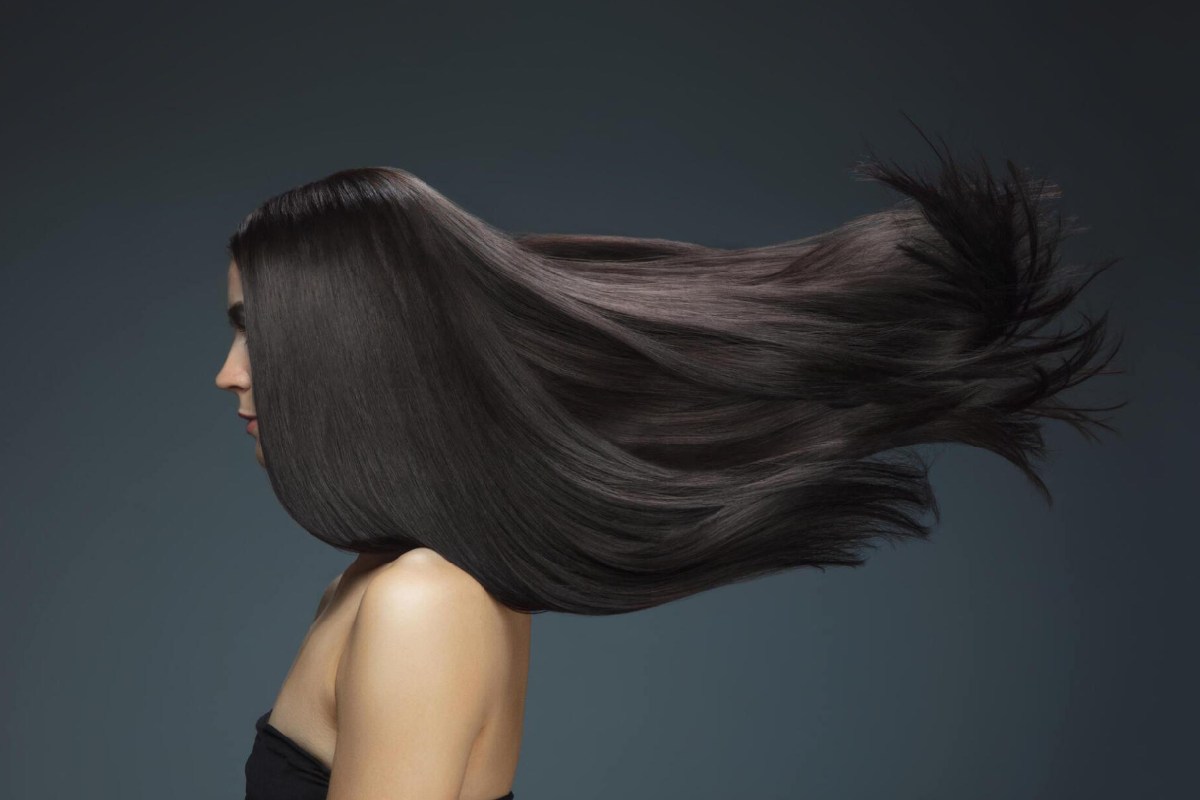Table of Contents
The Quest for Silky Hair
Silky, smooth hair is a universally sought-after trait, often seen as a symbol of health and beauty. However, achieving this coveted hair texture can be shrouded in mystery, with countless myths and misconceptions surrounding it. Understanding the science behind silky hair is key to effectively nurturing and maintaining it.
Understanding Hair Structure and Health
To achieve silky hair, it’s crucial to understand hair’s structure. Hair is primarily made of keratin, a protein that forms the building blocks of each strand. The health of your hair is influenced by the integrity of the keratin and the condition of the hair cuticle, which is the outermost part of the hair shaft. Products like Olaplex no 6 can aid in this respect, targeting the hair’s disulfide bonds to repair and smooth the hair shaft.
Myth vs. Truth: Common Hair Care Beliefs
- Cutting Hair Makes It Grow Faster and Thicker: This is a myth. Hair growth occurs from the roots, not the ends.
- Brushing Hair 100 Times a Day Makes It Shinier: Over-brushing can actually damage the hair cuticle and lead to breakage.
The Role of Genetics in Hair Texture
Genetics plays a significant role in determining your natural hair texture and how easily it can be transformed into silky, smooth hair. Understanding your genetic predisposition can help set realistic expectations and tailor your hair care regimen accordingly.
Hydration: The Key to Silky Hair
Hydration is crucial for silky hair. Dry, brittle hair is more prone to frizz and breakage.
- Using Hydrating Products: Look for shampoos, conditioners, and leave-in treatments that are designed to hydrate and nourish the hair.
- Deep Conditioning: Regular deep conditioning treatments can significantly improve the texture and appearance of your hair.
The Impact of Diet on Hair Health
Your diet plays a crucial role in the health and texture of your hair. A diet rich in proteins, omega-3 fatty acids, vitamins, and minerals can help strengthen hair and enhance its natural shine.
Minimizing Heat and Chemical Damage
Excessive heat styling and harsh chemical treatments can strip the hair of its natural oils, leading to dull and damaged hair.
- Limiting Heat Styling: Use heat styling tools sparingly and always apply a heat protectant.
- Avoiding Harsh Chemicals: Be cautious of treatments that can damage the hair structure, such as excessive bleaching or perming.
Proper Hair Washing Techniques
How you wash your hair can make a big difference in its texture.
- Avoid Hot Water: Hot water can strip the hair of natural oils. Use lukewarm water instead.
- Gentle Shampooing: Be gentle when shampooing and focus on cleansing the scalp rather than the entire length of the hair.
Hair Brushing Techniques for Silky Hair
Proper brushing can help distribute natural oils along the hair shaft.
- Using the Right Brush: Choose a brush with natural bristles and be gentle to avoid breaking the hair shaft.
- Brushing from the Ends Up: Start detangling from the ends and work your way up to prevent breakage.
The Benefits of Natural Oils and Serums
Natural oils like argan, coconut, and jojoba oil can deeply nourish the hair, making it smoother and more lustrous. Hair serums can also provide a protective layer, adding shine and reducing frizz.
Regular Hair Trims for Healthy Ends
Regular trims are essential to maintain healthy, silky hair. They help prevent split ends, which can travel up the hair shaft and cause further damage.
Dealing with Environmental Factors
Environmental factors like sun, wind, and pollution can affect hair texture.
- Protecting Hair from the Sun: Use hair care products with UV protection.
- Covering Hair in Harsh Conditions: Wear a hat or scarf to protect your hair from the elements.
Hair Masks: The Secret to Deep Nourishment
Homemade or store-bought hair masks can provide deep nourishment, enhancing the hair’s natural silkiness.
- Regular Use: Incorporate hair masks into your routine at least once a week.
- Choosing the Right Ingredients: Select masks with ingredients that suit your hair type and needs.
The Power of a Balanced Lifestyle
A balanced lifestyle, including adequate sleep, stress management, and regular exercise, can positively impact hair health.
A Holistic Approach to Silky Hair
Achieving silky hair involves a holistic approach that considers genetics, diet, lifestyle, and the right hair care practices. Understanding the science behind hair health and debunking common myths are essential steps in this journey. By nurturing your hair from the inside out and being mindful of external factors, you can unlock the secret to beautifully silky, healthy hair. Remember, the journey to silky hair is as much about care and patience as it is about the products and techniques you use.

